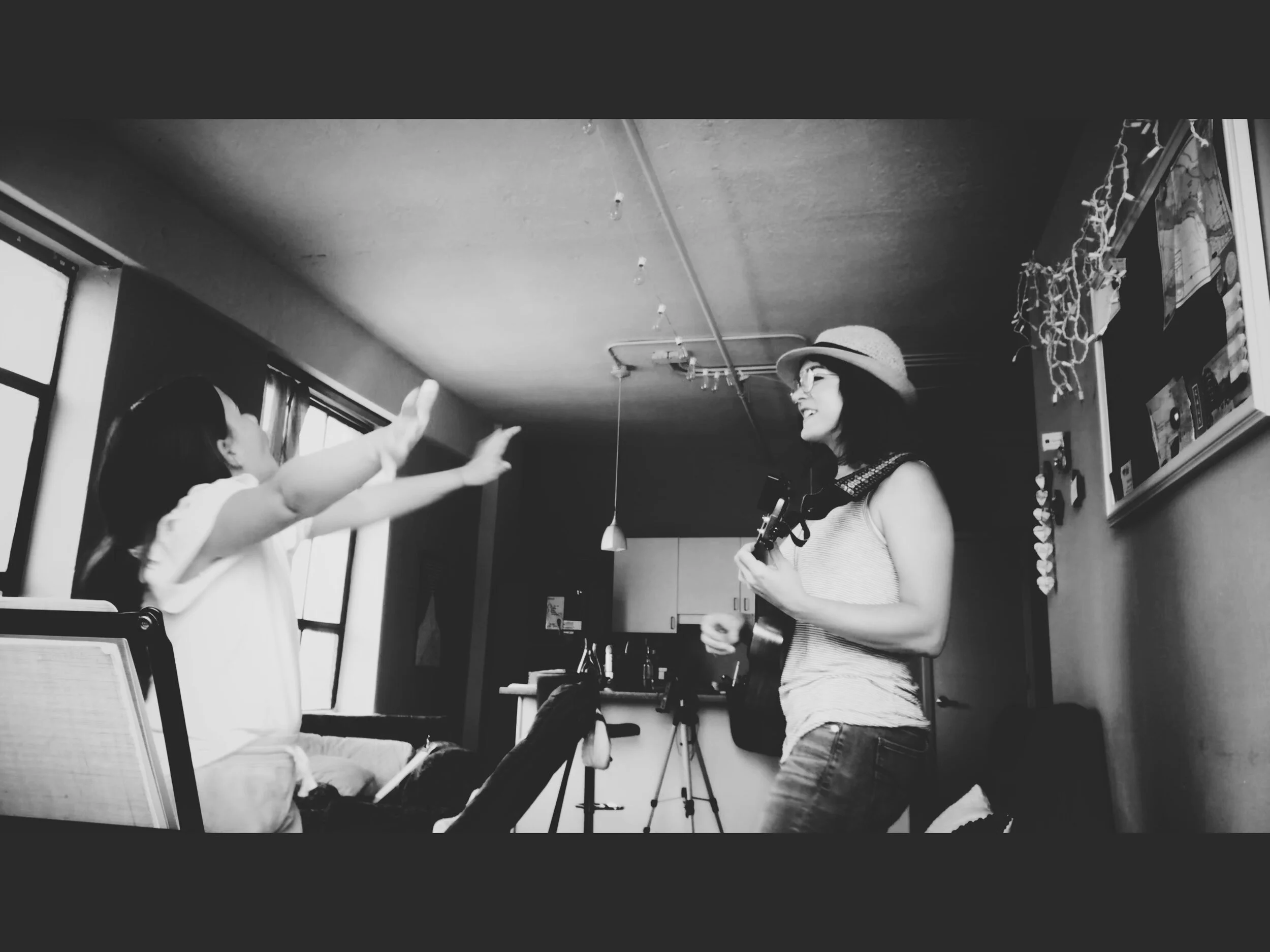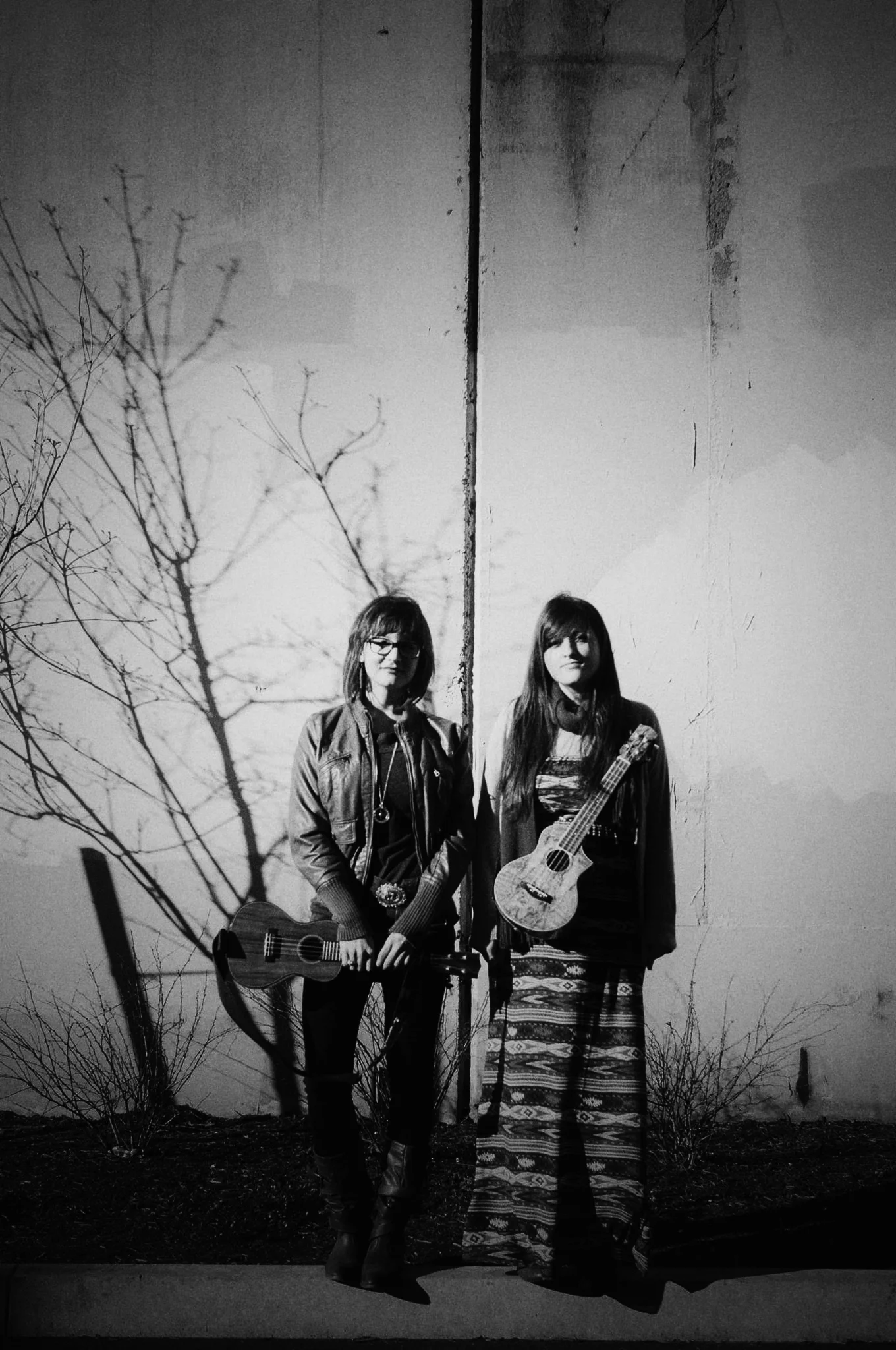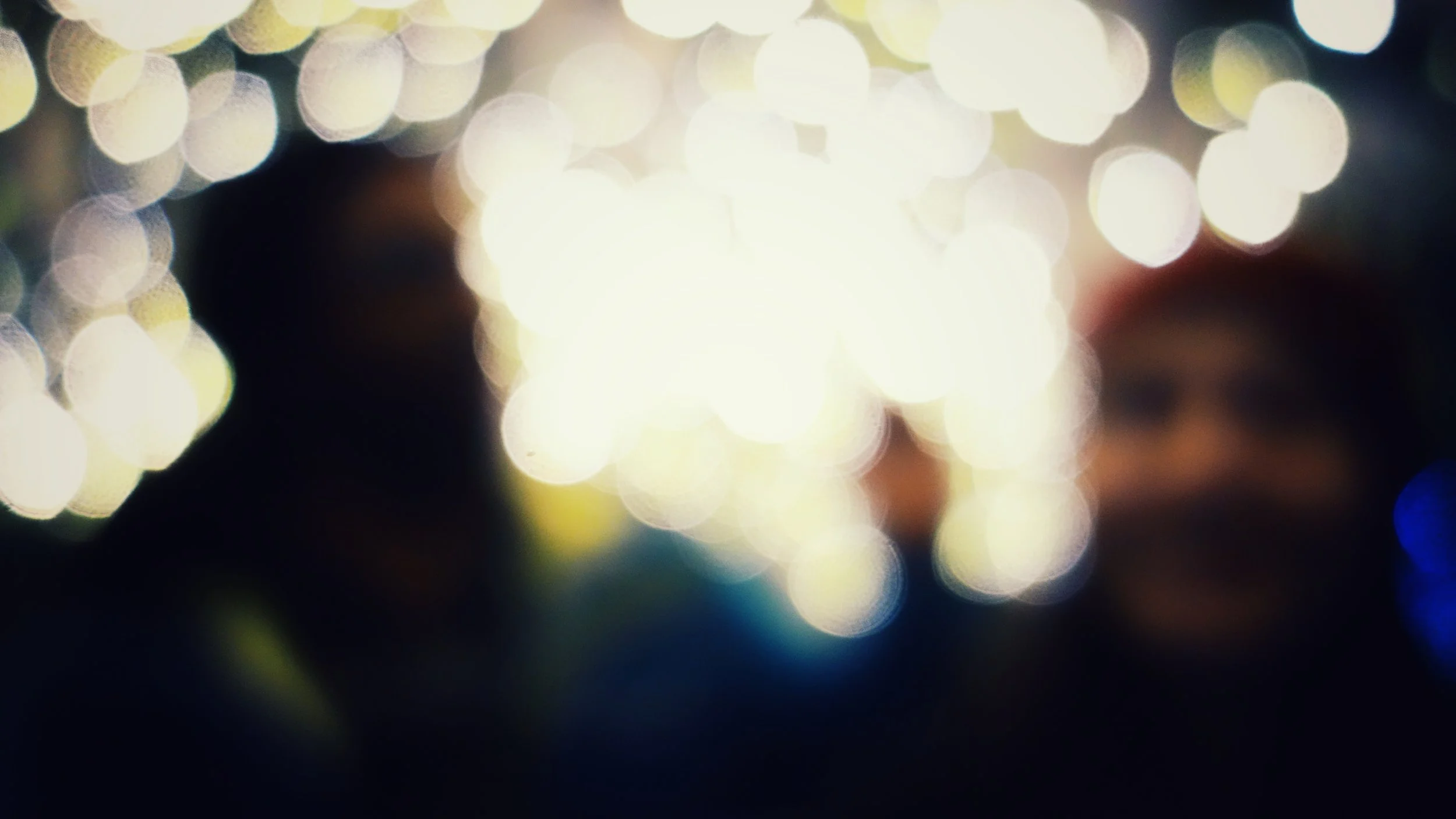I was twelve when I composed my first full-length piece on the piano—it was moody, and emotional, in a minor key that modulated suddenly to another key and back and ended in a storm of arpeggios. The whole process had been thrilling, but when I played it for my teacher, he raised his eyebrow and sighed heavily, taking off his glasses to rub his forehead. When he finally spoke, it was to ask me if there was something dark in my soul that inspired me to write such an emotional piece. I had no idea what to say. He never asked me to compose a piece again, and I felt effectively like the gatekeeper to the world of the creators had closed the portal in front of me. I was crushed, and I put it out of my mind, returning to the world of classical music to play the compositions of the masters and earn my BA in piano. It was a stunning world, with transcendent music, but rigid, with little room to stray into creativity or personal interpretations without leaning into heresy—like a closed canon.
It wasn’t until I lived in Portland that the portal opened again; this time I opened it for myself.
Read More



